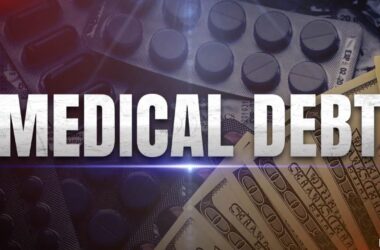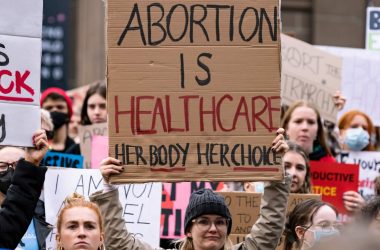Washington, D.C.—(ENEWSPF)—December 10, 2009. In 2008, the United States spent $2.4 trillion on health care. By 2018, national health spending is expected to almost double – reaching $4.4 trillion and comprising 20 percent of our economy. If Congress doesn’t act to slow the growth of health care costs, America’s economy won’t be able to keep up and jobs will be lost, wages will drop, and health care benefits will be cut. The Patient Protection and Affordable Care Act promotes a more efficient health care system and smarter health care spending by increasing competitions and informed choice. One way the bill achieves meaningful reform is through an excise tax on high cost insurance plans offered by large employers. Today, many Americans receive expensive – and inefficient – employer-sponsored plans instead of higher wages. The excise tax on insurance companies offering high cost plans will force insurers to compete to offer meaningful coverage that doesn’t encourage wasted spending on inefficient care. When our health care system is more efficient, it will cost less for America’s families and businesses, and that’s the goal of the high cost insurance excise tax and may other policies in health reform.
The high cost insurance excise tax will force insurance companies to be more efficient and competitive.
- The high cost insurance excise tax forces insurance companies to look for ways to become more efficient so they can offer the most benefits at an affordable cost below the tax threshold. The large employers purchasing these plans and their employees will benefit from this increased competition.
- Insurance companies can do a lot to become more efficient. For example, today insurance companies reimburse doctors and other providers by sending paper checks through the mail. Administrative simplifications like moving to electronic fund transfers or electronic claims processes will be more efficient and less costly.
- Encouraging efficient in health plans goes hand-in-hand with other health system improvements in this legislation like reducing readmissions in hospitals, focusing on prevention, and increasing research on cost-effective health care innovations like generic prescription drugs.
- And, with new consumer protections that hold insurance company plans to a high-quality standard, Americans will get more value for the money they spend on health insurance.
Savings from increased efficiency in the health insurance market will decrease premiums.
- Independent, non-partisan economists at the Congressional Budget Office (CBO) and Joint Committee on Taxation (JCT) estimate that the excise tax would reduce premiums by about 9 to 12 percent in 2016 for affected plans.
- CBO and JCT assume the money saved through reduced premiums will be passed on to employees through higher wages. In fact, most of the revenue estimated to be generated by this policy actually comes from higher wages, not from insurance plans that are taxes for exceeding the high-cost threshold. The vast majority – 83 percent – of the revenue generated from this provision comes from increased payroll taxes because employees are making more money. That means millions of Americans working for large employers affected by this provision will see a raise.
- Massachusetts Institute of Technology economist Jon Gruber estimates that wages will go up by $235 billion over the next ten years as a result of this policy. He estimates that on the whole, Americans will see a one-year wage increase of $55 billion by 2019. That amounts to almost $700 in increased wages per insured household.
- Gruber adds, “(T)he conclusion that lower employer insurance spending will lead to higher wages is not mere speculation: it is strongly supported by both economic theory and evidence.”
The majority of American workers will not be affected by the high cost insurance excise tax.
- The average cost of an individual plan today is $4,824 and the average cost of a family plan is $13,375 in the large employer market.
- The threshold for the high cost premium tax is set well above that at $8,500 for an individual and $23,000 for a family.
- And, that threshold is higher for people with above-average health insurance costs like older Americans, people with high-risk professions, like police officers and firefighters, and people living in higher costs areas.
Source: finance.senate.gov








